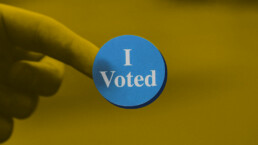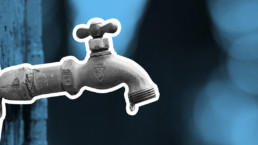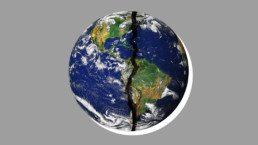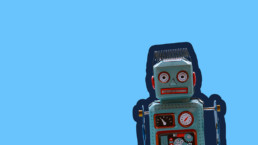The Power of Policy
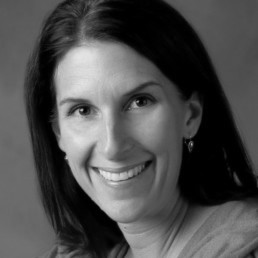
If you haven’t seen the documentary film, “Saving Capitalism,” it’s worth 73 minutes of your time this week. It follows former Secretary of Labor and Professor, Robert Reich, as he takes us on his life journey and comes to the following conclusion: “The preferences of average Americans appear to have only a minuscule, near-zero, statistically non-significant impact on public policy.” This is the ultimate challenge we face, not only as Americans, but as global citizens.
Having just returned from SOCAP18, the leading social capital conference in the world, I’m struck by the overall consensus that broad, systemic changes are necessary to achieve sustainable, scalable, positive impact. And system change requires – you guessed it – policy change. We will never be able to reverse global warming, solve world hunger, end slave labor, or successfully tackle other social crises if governmental policies are not aligned with these goals.
As election day approaches in the United States, it’s critical that we exercise not only our right to vote, but our duty to elect leaders who will work to implement socially responsible public policy. Vote thoughtfully next Tuesday with your ballot. And vote intentionally everyday with your wallet. The decisions we make with our money are powerful and send a direct message to those with great influence. These simple actions are giant steps toward driving the power of policy in a positive direction.

Meg Masten is the Chief Relationship Officer at CoPeace. As a forward-thinking holding company, CoPeace is building a portfolio of carefully selected for-profit companies with measurable social and environmental impact. To learn more about impact investing, check out CoPeace’s Intro to Impact Investing.
Overwhelming Challenge; Accepted
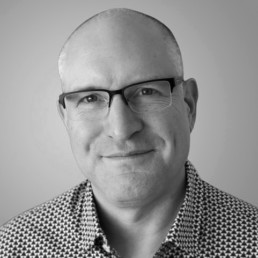
It is overwhelming. Sometimes it is paralyzing. The challenge of maximizing your individual part to most effectively reduce your carbon footprint to combat climate change feels overwhelming; especially in the developed world, where too much consumption is so commonplace.
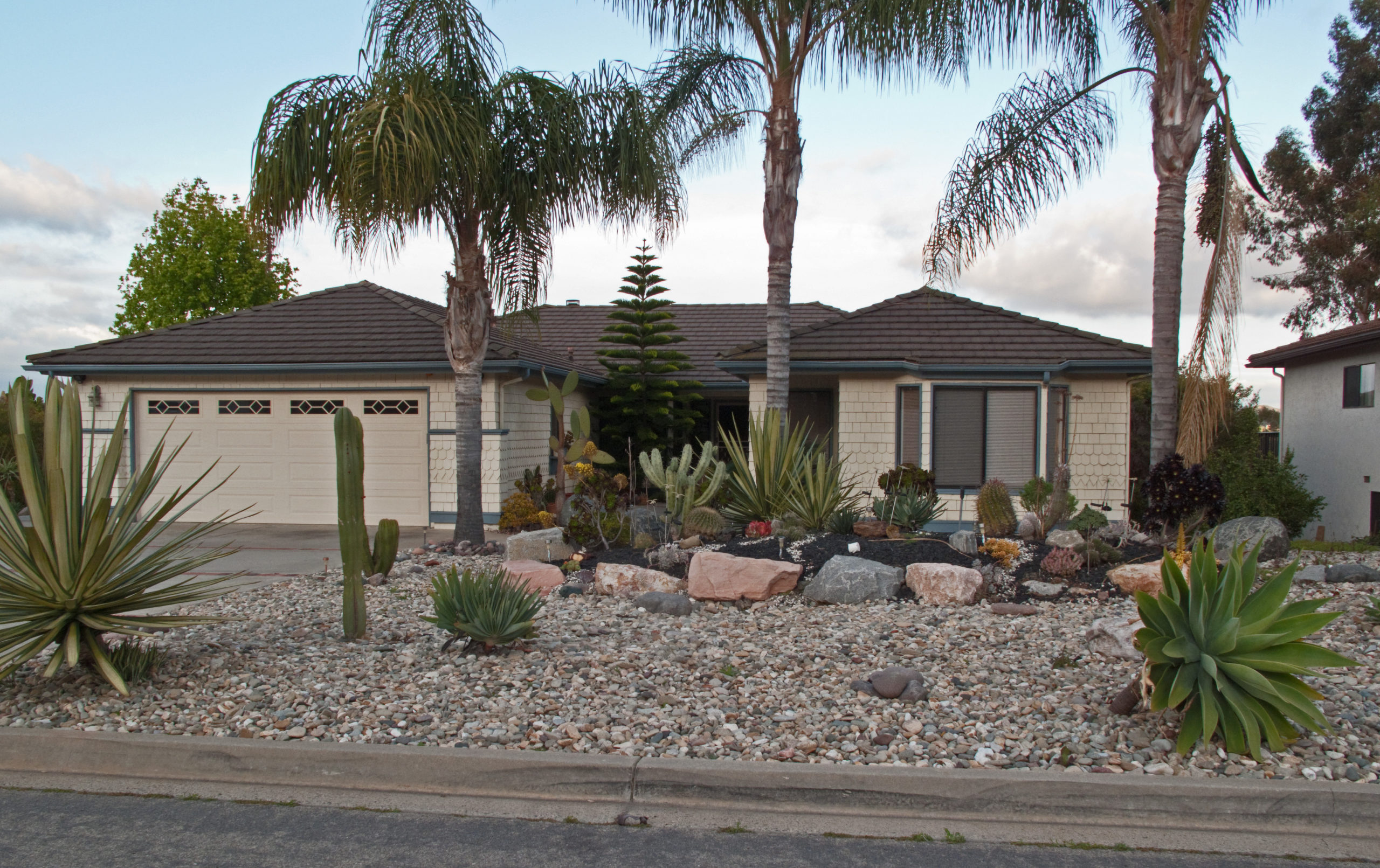
In an effort to have an impact, we live in a built-green, solar-paneled house; xeriscaped our front and back yards to reduce water consumption; use responsible investment vehicles like DSI and CHGX exchange traded funds; use the light rail when able and other small efforts. I know it is not enough. We still do not have an electric car and still live in the protected bubble of suburbia, with its overfilled weekly garbage containers…
For us, we have settled on a concept of reduced consumption as a way to cope and do more. And, since diet is an important component, we found the “reducetarian” fit this approach well! Fundamentally it seeks to reduce the amount of animal proteins consumed, but does not completely eliminate animal proteins from the diet. We eat meat a couple of times each week, but try to round out with other options. Our dietary exploration has motivated creative choices from Asian and Middle Eastern cultures and cuisines.
I know this might be a rationalization, but it feels like a strategy that can lead to some balance.
When I was a head college coach, I inherited a team that had not been good for a long time. At the first halftime speech, I threw out the “even the longest journey begins with a single step” idiom to emphasize the growth and the future path for the team. With the reducetarian approach, I feel like the journey has a better chance for success.
Challenge accepted. Do what you can do, but do something. Climate change is one of the first pillars for CoPeace PBC. Grow your money for good.
Craig Jonas is the CEO and founder of CoPeace. As a forward-thinking holding company, CoPeace is building a portfolio of carefully selected for-profit companies with measurable social and environmental impact. To learn more about impact investing, check out CoPeace’s Intro to Impact Investing.
What is Your Original Face Before You Were Born?

I remember leaving Bardwell Smith’s Carleton College Buddhism class (circa 1986) and “inventing” a concept that has been lurking in my brain ever since. I called the concept “interdependent flux,” which simply meant everything is deeply related and everything is always changing. This may have been my way to answer one of the course koans (a Buddhist riddle).
I am the son of a music teacher and minister/psychotherapist; my parents taught me to love and think critically. I lived in India when I was young, where I learned that you do not need material things to be happy. I have traveled the world, where I realized that people are the same wherever you go. I have been a coach, a teacher, an entrepreneur, and the head of US delegations, where I grew to understand compassion, patience and leadership. I earned a Ph.D., and learned that conflict is natural and can be harnessed for growth.
Enter CoPeace PBC, a holding company for profitable businesses creating measured positive impact. At 53 with a long entrepreneurial bent, it has become my next step. Interdependent flux demands our society modernize capitalism to include long term effects and social responsibility more deeply into the free enterprise equation. Profit for profits sake has created a dirty, unsustainable world. This is untenable for future generations. CoPeace is a responsible solution, creating a new Berkshire Hathaway for younger, caring audience.
The CoPeace quest is decidedly idealistic. The good news is data is beginning to better show companies that take a long-term view on how their measured practices can positively impact our world are indeed performing better than the old models.
From my experiences, I have learned that in order to be successful, it is all about the TEAM. I am more than happy to announce that we have started out extraordinarily well on that front, and we look forward to introducing Meg, Hanan, Lilly, Jacob, and the team in future blogs and vlogs. Our intention is to be radically inclusive and be attentive to the needs of our youth.
“Everything I’m not, made me everything I am…” (K. West, Everything I am).
CoPeace is a cumulation of my life experience. It is what I want my legacy to be. Please join us on our journey. We know it will not be easy and we know it will not be quick; but we are committed to the long term success of our vision. We seek to help us all find our true, interdependent face; and Grow Your Money for Good!
Craig Jonas is the CEO and founder of CoPeace. As a forward-thinking holding company, CoPeace is building a portfolio of carefully selected for-profit companies with measurable social and environmental impact. To learn more about impact investing, check out CoPeace’s Intro to Impact Investing.
It's Time for a Major Disruption

Our world today is full of discord and conflict, more so than any other time in recent history. The direction we are moving is destructive and divisive, and I’m not just referring to the political climate. Consider the following:
Seventeen of the 18 warmest years since modern record-keeping began have occurred since 2001. The clothes we wear everyday, produced through “fast fashion,” is the #2 polluting industry in the world, second only to that of oil and gas. We have created a full-blown opioid epidemic, driven solely by greed, profits, and convenience. The gender pay gap still exists, as does social injustice and systemic oppression for people of color. So, now what?
Innovation is doing the same things a bit better. Disruption is doing new things that make the old things obsolete. Unfortunately, we are well beyond the call for innovation – it’s time for a major disruption. We need to disrupt how we do things. We need to disrupt our paradigms. We need to disrupt our societal norms to the point that it makes people uncomfortable. So, where do we begin?
Let’s start by disrupting the very idea of capitalism. Society’s historical version, based on the Friedman Doctrine, is based on the premise that a company’s only social responsibility is to increase profits, playing a key role in facilitating our current global crises. What if we revered capitalism as the primary vehicle for restoring global order, with profit becoming an intended consequence? What if the positive bottom line occured because of, not in spite of, the social impact it directly caused? What if we exercised our conscience every time we made a purchase, chose a vendor, or invested our money?
CoPeace was created to be a part of this major disruption. Check us out at copeace.com, and let us help you “Grow Your Money for Good.”
Meg Masten is the Chief Relationship Officer at CoPeace. As a forward-thinking holding company, CoPeace is building a portfolio of carefully selected for-profit companies with measurable social and environmental impact. To learn more about impact investing, check out CoPeace’s Intro to Impact Investing.
I Don't Get It

My favorite scene from the movie Big (where a 13-year-old boy becomes an adult overnight) involves Tom Hanks (playing the adult boy) repeatedly raising his hand and saying, “I don’t get it” while the “corporate expert” is trying to sell his new idea for the next best selling toy – a robot that turns into a…building!? (which i think we can all agree is no match to Optimus Prime).
That’s how I felt – yes, like Tom Hanks in Big (sans a Zoltar Machine…but the holidays are coming up so there is always a chance) – I didn’t get it!
After working for more than a decade in the Capital Markets realm, I decided I wanted to do more. So for the past two years, I’ve been working on a venture with my brother, a biochemical engineer, to launch a series of waste-to-energy plants. The project hits all the markers of impact investing: stand alone financially successful plants with immediate impact on climate change by significantly lowering greenhouse gas emissions and other pollutants. Sounds like a no brainer, right? That’s what I thought as well.
As we went down the road of looking for investors, we were met with a wide array of rejection, all culminating into one main theme: our investment wasn’t “appealing enough.” Basically, this was not a technology play that was going to be the next billion dollar company. What we did have, however, was a project which will not only help the environment, but also yield a steady cash flow and a very attractive return. But that, my friends, wasn’t good enough.
Fast forward to the summer of 2018, I came across CoPeace. I loved their mission, ideals, and more importantly, the team, so we joined forces and set off to build a different type of impact investing company!
In essence, the current impact investing market is mostly comprised of investment vehicles that are transposing hard coded traditional investment parameters, created with the sole objective of maximizing returns under any market condition, onto the completely different market paradigm of impact investing.
So, what makes CoPeace different?
We listen to the needs of different communities around the world and invest in people and companies with great ideas. Together, we help them achieve strong financial returns while enacting real change (sorry for the grandiose statement, but it’s true).
Our strategy doesn’t ignore important criterias such as returns, a strong management team, and a multitude of other financial and economic indicators, but neither do we create an arbitrary investment framework full of check-boxes that generates a singular look and feel that ALL of our investments have to fit into perfectly. Instead, our goal is to create an intertwining DIVERSE network of individually-picked investments under one umbrella, working together to generate impact synergy. In other words, at CoPeace we DO get it, we Grow Your Money for Good!
Hanan Levin is a Senior Investment Advisor at CoPeace. As a forward-thinking holding company, CoPeace is building a portfolio of carefully selected for-profit companies with measurable social and environmental impact. To learn more about impact investing, check out CoPeace’s Intro to Impact Investing.
